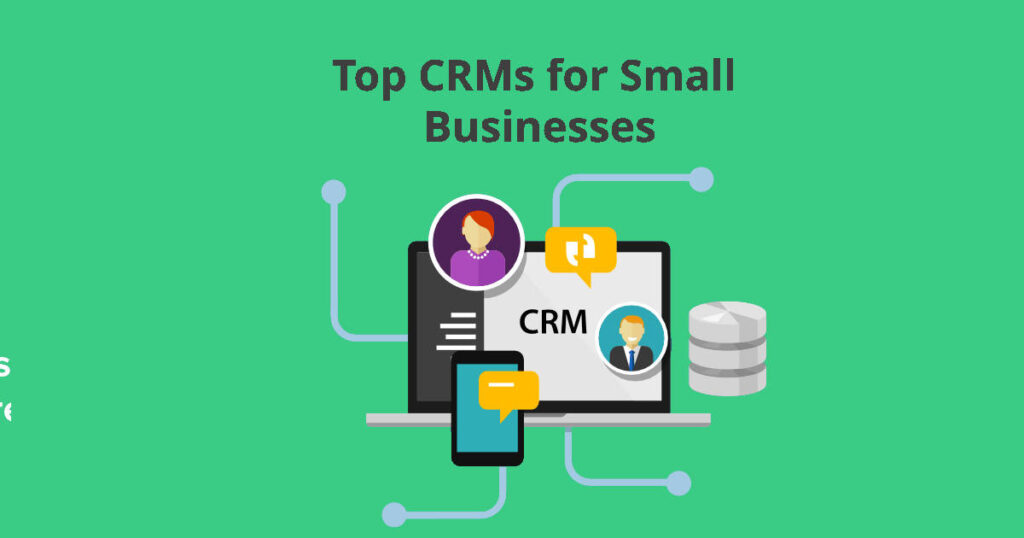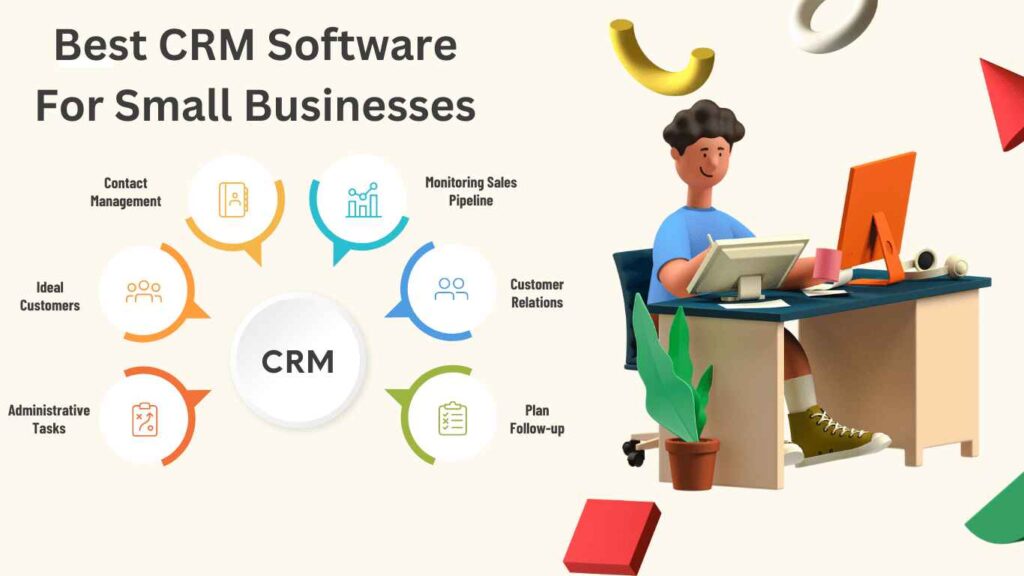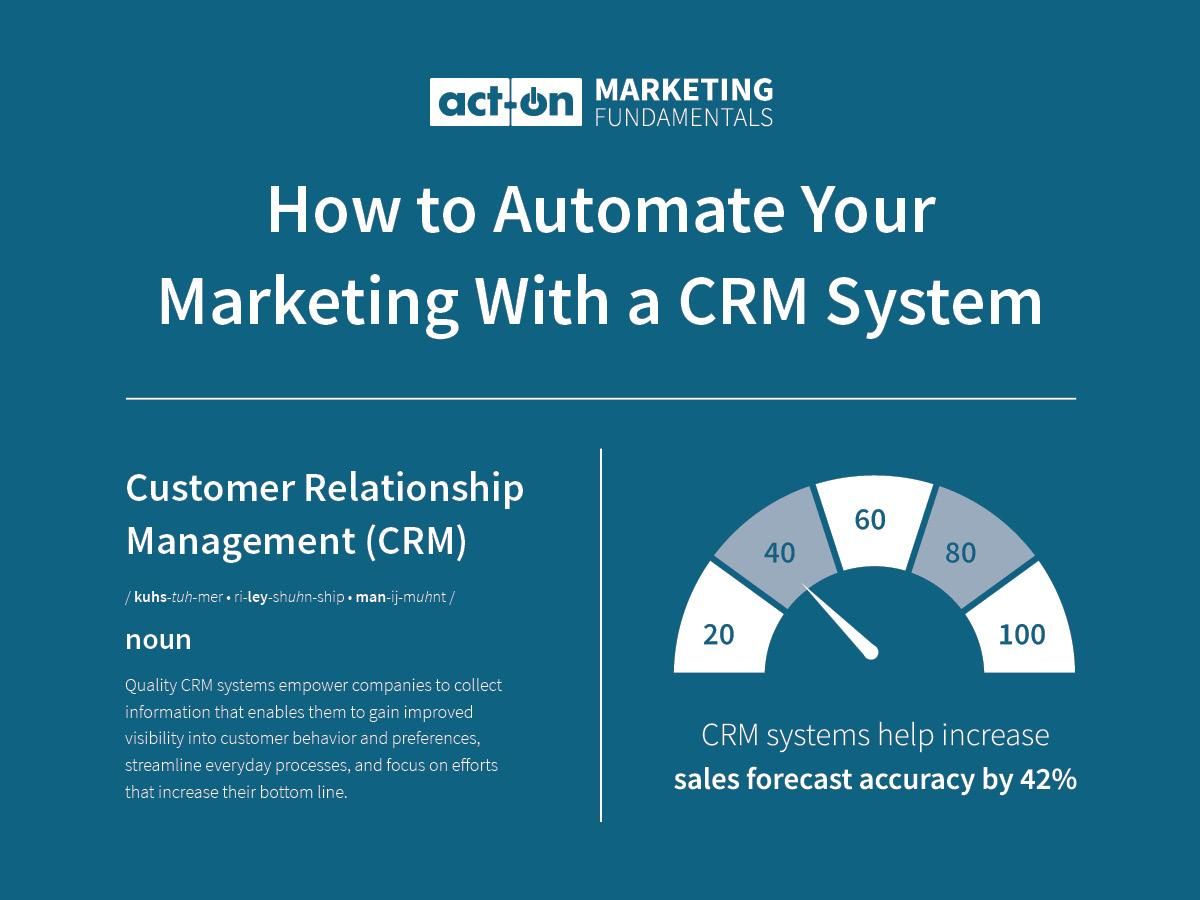Small Business CRM Basics in 2025: Your Definitive Guide to Customer Relationship Management

Small Business CRM Basics in 2025: Your Definitive Guide to Customer Relationship Management
The business landscape is constantly evolving. What worked yesterday might not cut it tomorrow. For small businesses, this is especially true. In 2025, the ability to cultivate and maintain strong customer relationships is no longer a luxury – it’s a necessity. That’s where a Customer Relationship Management (CRM) system comes in. This comprehensive guide will walk you through the small business CRM basics, ensuring you’re well-equipped to thrive in the coming years.
What is a CRM System?
At its core, a CRM system is a software solution designed to manage and analyze customer interactions and data throughout the customer lifecycle. Think of it as the central nervous system of your customer relationships. It gathers information from various touchpoints – website visits, email exchanges, phone calls, social media interactions, and more – and stores it in a centralized, accessible location. This unified view allows you to understand your customers better, personalize your interactions, and ultimately, drive business growth.
Essentially, a CRM helps you:
- Organize and manage customer data efficiently.
- Improve communication and provide better customer service.
- Automate repetitive tasks, freeing up your time.
- Gain insights into customer behavior and preferences.
- Increase sales and improve profitability.
Why Does Your Small Business Need a CRM in 2025?
The reasons for implementing a CRM in 2025 are more compelling than ever. The rise of remote work, the increasing importance of data privacy, and the ever-growing expectations of customers have all contributed to the need for a robust CRM strategy. Here’s why it’s crucial:
- Enhanced Customer Experience: Customers expect personalized experiences. A CRM allows you to tailor your interactions based on individual preferences, purchase history, and past interactions. This leads to higher customer satisfaction and loyalty.
- Improved Efficiency and Productivity: Manual data entry, scattered spreadsheets, and disjointed communication are time-consuming and inefficient. A CRM automates many of these tasks, freeing up your team to focus on more strategic initiatives.
- Data-Driven Decision Making: CRM systems provide valuable insights into customer behavior, sales trends, and marketing performance. This data empowers you to make informed decisions about your business strategies.
- Scalability and Growth: As your business grows, so does the complexity of managing customer relationships. A CRM system is designed to scale with you, ensuring that your customer data remains organized and accessible, regardless of your size.
- Better Collaboration: CRM systems facilitate better collaboration between teams. Sales, marketing, and customer service can all access the same customer information, ensuring a consistent and seamless customer experience.
- Increased Sales and Revenue: By streamlining your sales process, identifying new opportunities, and nurturing leads, a CRM can significantly boost your sales and revenue.
Key Features of a Small Business CRM
Not all CRM systems are created equal. The specific features you need will depend on your business’s unique requirements. However, some core features are essential for any small business CRM:
Contact Management
This is the foundation of any CRM. It allows you to store and manage all your customer data, including contact information, communication history, and purchase history. Look for features like:
- Contact organization and segmentation
- Detailed contact profiles
- Data import and export capabilities
- Customizable fields
Sales Automation
Automate repetitive sales tasks to free up your sales team’s time and improve efficiency. This includes:
- Lead management and tracking
- Sales pipeline management
- Automated email sequences
- Deal tracking and forecasting
Marketing Automation
Streamline your marketing efforts with features like:
- Email marketing campaigns
- Lead nurturing workflows
- Social media integration
- Marketing analytics and reporting
Customer Service and Support
Provide exceptional customer service with features like:
- Help desk and ticketing system
- Knowledge base and self-service portals
- Live chat integration
- Customer feedback collection
Reporting and Analytics
Gain valuable insights into your business performance with features like:
- Sales reports
- Marketing reports
- Customer service reports
- Customizable dashboards
Integration Capabilities
Integrate your CRM with other business tools, such as:
- Email marketing platforms
- Accounting software
- E-commerce platforms
- Social media platforms
Choosing the Right CRM for Your Small Business in 2025
Selecting the right CRM is a critical decision. Here’s how to choose the best CRM for your small business in 2025:
1. Define Your Needs
Before you start evaluating CRM systems, take the time to identify your specific needs and goals. Consider the following:
- What are your key business objectives?
- What are your pain points in managing customer relationships?
- What features are essential for your business?
- What is your budget?
- How many users will need access to the CRM?
2. Research Different CRM Options
Once you know your needs, research different CRM systems. Consider factors like:
- Features: Does the CRM offer the features you need?
- Ease of Use: Is the CRM user-friendly and easy to navigate?
- Pricing: Does the CRM fit your budget?
- Scalability: Can the CRM grow with your business?
- Integrations: Does the CRM integrate with your existing tools?
- Customer Support: Does the CRM provider offer good customer support?
- Reviews and Ratings: What are other users saying about the CRM?
Some popular CRM options for small businesses include:
- HubSpot CRM: Free and paid plans, strong for marketing and sales.
- Zoho CRM: Versatile, offers a wide range of features at various price points.
- Salesforce Sales Cloud Essentials: Robust features, but can be more complex.
- Pipedrive: Focused on sales pipeline management.
- Freshsales: User-friendly, integrates well with other Freshworks products.
3. Consider Cloud-Based vs. On-Premise CRM
In 2025, cloud-based CRM systems are the norm for small businesses. Cloud-based CRMs offer several advantages:
- Accessibility: Access your CRM from anywhere with an internet connection.
- Cost-effectiveness: Lower upfront costs and no need for IT infrastructure.
- Scalability: Easily scale your system as your business grows.
- Automatic Updates: The CRM provider handles updates and maintenance.
On-premise CRMs, where the software is installed on your own servers, are less common for small businesses due to their higher costs and complexity.
4. Evaluate Pricing Models
CRM pricing models vary. Common options include:
- Subscription-Based: Monthly or annual fees per user.
- Usage-Based: Fees based on the number of contacts, data storage, or features used.
- Free Plans: Some CRMs offer free plans with limited features.
Carefully compare the pricing of different CRM systems and choose the one that best fits your budget and needs.
5. Implement a Pilot Program
Before rolling out the CRM to your entire team, implement a pilot program with a small group of users. This will allow you to:
- Test the system and identify any issues.
- Gather feedback from users.
- Refine your implementation plan.
- Train your team on how to use the CRM.
6. Provide Training and Support
Proper training and ongoing support are essential for the successful adoption of a CRM. Provide your team with comprehensive training on how to use the CRM and offer ongoing support to answer their questions and address any issues.
7. Regularly Review and Optimize
CRM implementation is not a one-time event. Regularly review your CRM usage, identify areas for improvement, and optimize your processes. This includes:
- Analyzing your CRM data to identify trends and insights.
- Updating your CRM settings and configurations.
- Training your team on new features and functionalities.
Best Practices for CRM Success
Implementing a CRM is just the first step. To maximize its benefits, follow these best practices:
- Data Accuracy: Ensure that your customer data is accurate, complete, and up-to-date.
- Data Security: Protect your customer data with strong security measures.
- User Adoption: Encourage your team to use the CRM consistently.
- Process Optimization: Streamline your business processes to take full advantage of the CRM’s capabilities.
- Integration: Integrate your CRM with other business tools to create a seamless workflow.
- Regular Training: Provide ongoing training to your team on new features and functionalities.
- Customer Focus: Always put your customers first and use the CRM to enhance their experience.
- Regular Audits: Conduct periodic audits of your CRM data and processes to ensure they are effective.
CRM Trends to Watch in 2025
The CRM landscape is constantly evolving. Here are some trends to watch in 2025:
- Artificial Intelligence (AI): AI-powered CRM features, such as predictive analytics, automated chatbots, and personalized recommendations, will become increasingly prevalent.
- Hyper-Personalization: CRM systems will enable businesses to deliver even more personalized experiences to their customers.
- Mobile CRM: Mobile CRM apps will become even more important, allowing sales and customer service teams to access and update customer data on the go.
- Integration with IoT: CRM systems will integrate with the Internet of Things (IoT) devices to collect data and personalize customer interactions.
- Data Privacy and Security: With increasing data privacy regulations, CRM systems will need to prioritize data security and compliance.
- Focus on Customer Journey: CRM systems will focus on mapping and optimizing the entire customer journey, from initial contact to post-purchase support.
The Future of Small Business CRM
In 2025, CRM is no longer a luxury; it’s the backbone of successful small businesses. By implementing a well-chosen CRM system and following best practices, you can cultivate stronger customer relationships, improve efficiency, and drive significant business growth. The businesses that embrace CRM will be best positioned to thrive in the increasingly competitive landscape.
The key is to be proactive, strategic, and customer-centric. Choose a CRM that aligns with your specific needs, invest in training and support, and regularly review and optimize your processes. By doing so, you’ll be well on your way to building lasting customer relationships and achieving long-term success.
The future of small business hinges on adaptability and a deep understanding of the customer. A robust CRM system is the critical tool to achieve that understanding and thrive in the dynamic world of 2025 and beyond. Don’t delay; start your CRM journey today!



